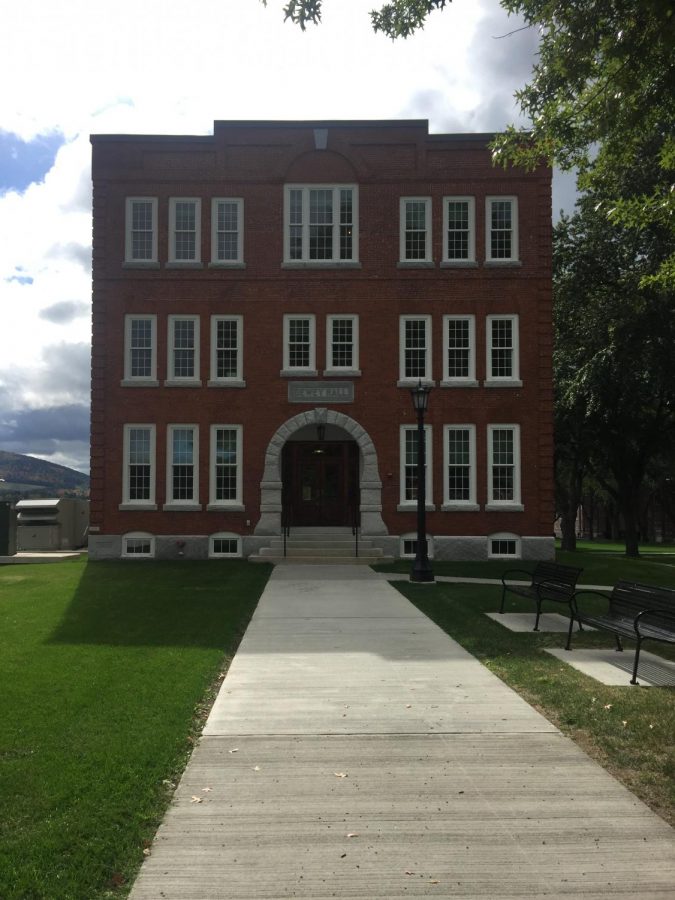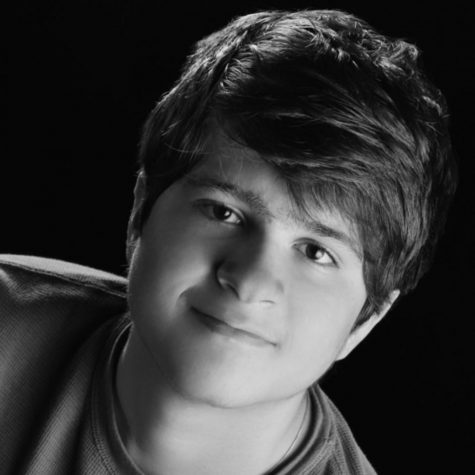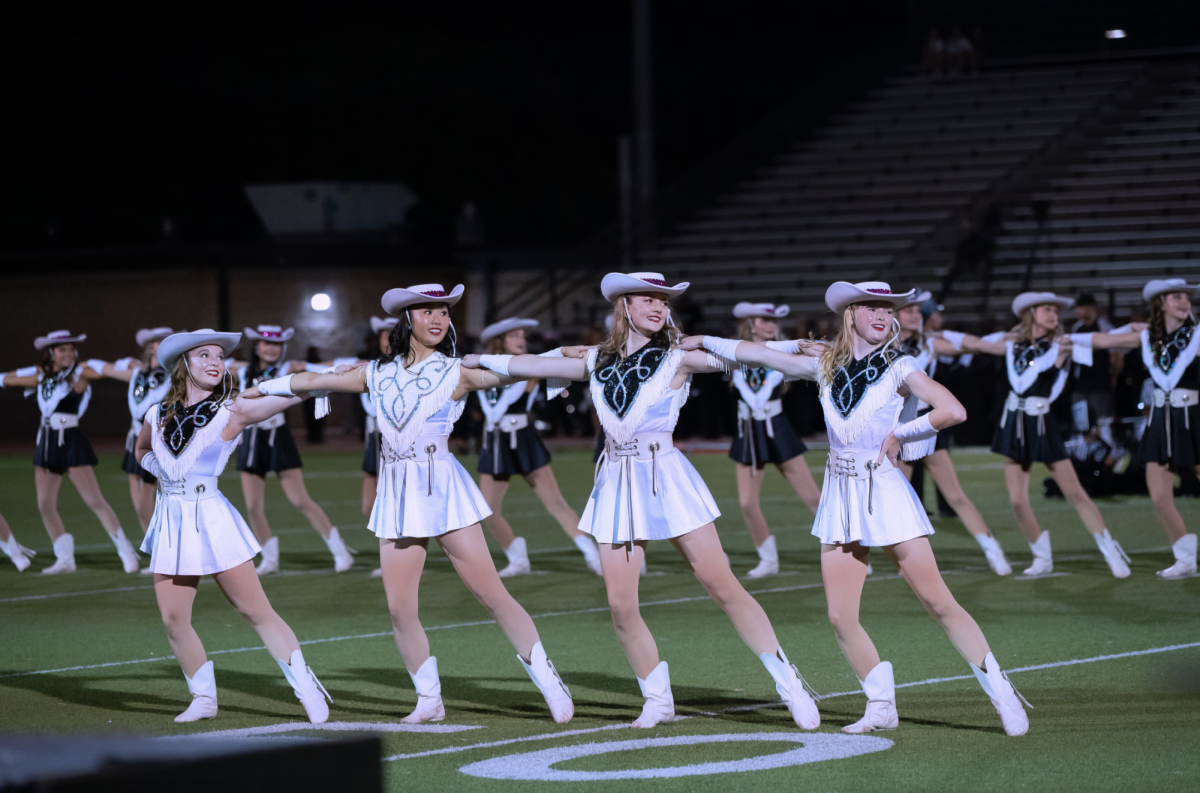Visiting Norwich University
One of the many buildings that make up the Norwich University campus in Vermont.
October 14, 2021
Up in the rugged-mountains of Northern New England lies the Military College of Vermont, better known as Norwich University. Founded in 1819, the college was founded in order to turn students into citizen-soldiers dedicated to protecting democratic values. By doing so, it is considered the birthplace of the Reserve Officers Training Corps, or ROTC. I recently visited the college and was highly impressed with what I saw from the college and its students.
The morning was pretty hectic: my family and I accidentally drove to the town of Norwich (Norwich University used to be located there, but the original barracks burned down and the campus was moved to Northfield). After a very stressful one hour detour to get back on track, we finally made it to the campus. I was instantly blown away by how tiny the campus was (the university only has 2,300 graduate students), but also by how beautiful its architecture was. We arrived at the reception office and were greeted by a very kind staff who gave me an hour-long presentation about what goes on at the campus academically and militarily. The school is one of six Senior Military Colleges or SMCs, with ROTC programs commissioning cadets into the Army, Navy, Airforce, Space Force and Marines.
After the presentation, we were then taken to lunch by a very nice student where I learned more about the school. One surprising fact I learned is that while the school is first and foremost a military academy, with ⅔ of students being in its military program, the school also provides a conventional college experience to local students, with them studying side by side with military cadets. I could even see this in the lunchroom, with many cadets in uniform intermixed with their civilian counterparts.
After lunch, we met up with another civilian student and an Army cadet who gave us a tour of the campus. On the way up to the cadet barracks, I was in awe of the surrounding natural beauty, even though it was cold outside. We also witnessed upper-classmen teaching military customs to “Rooks,” the Norwich term for freshmen. Once we got to the barracks, the cadet allowed us to check out her room. As it is a military campus, students keep their gear, such as helmets, rifles and rucksacks, in their rooms. We learned about the restrictions Rooks are under when they are introduced to the campus. As part of the process to mold them into good citizen-soldiers, Rooks have restricted phone use, are not allowed to play video games, leave campus unless on break and must also tightly turn when going around corners, a process called squaring. After a period of several months and having proved themselves worthy as cadets, Rooks will attend an official ceremony where they will gain the same status as their fellow students.
After leaving the barracks, and a conversation with the tour guides about my own admissions process, me and my family left campus. I was very pleased with both how the campus physically felt and how the campus was run. Despite not being well-known outside of military circles, Norwich University is an excellent campus that prepares young men and women for successful careers in both the military and the civilian sphere.







